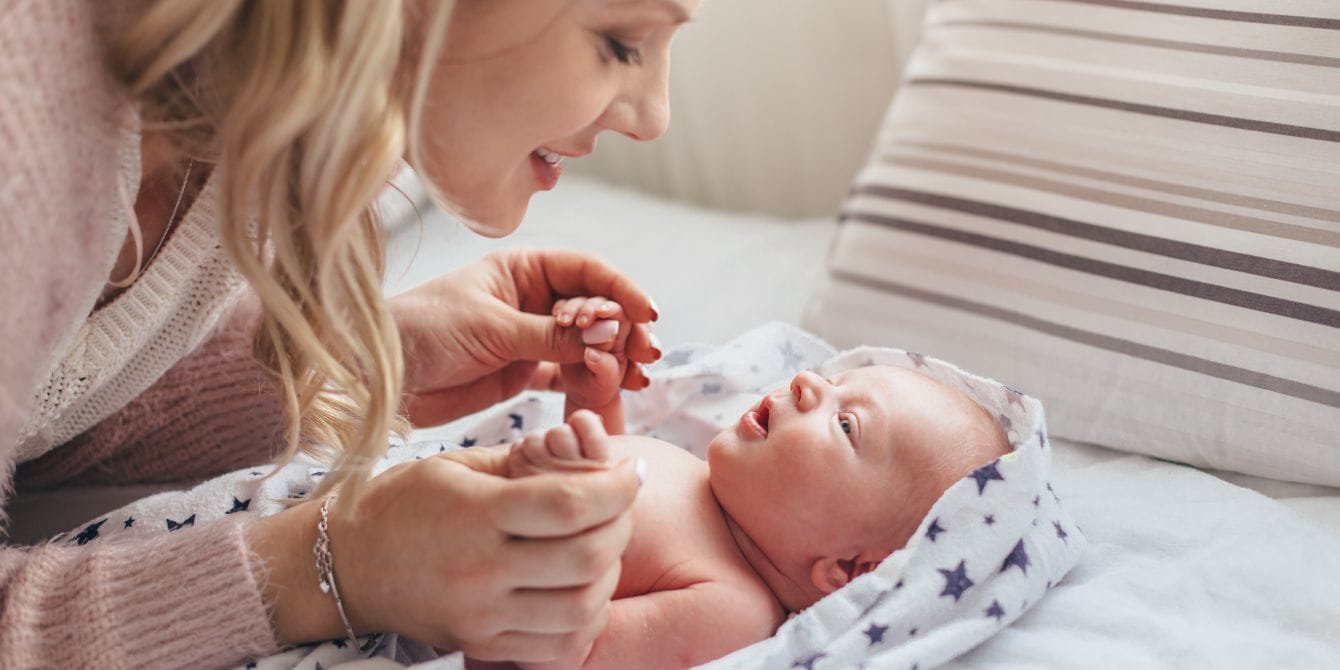
When I first found out I was pregnant, I was living in the UK, far from the familiar comforts of my home in the United States. Like many expectant mothers, I was filled with the usual blend of excitement and anxiety. But being an American woman abroad added another layer of worry—how would I navigate pregnancy and early motherhood so far from my family and everything I knew?
What I didn’t realize at the time was that this distance would not only shape my pregnancy experience but also highlight the stark differences between the way the UK and the U.S. support new parents. And it’s those differences that have stayed with me, prompting me to reflect on what the U.S. might be getting wrong when it comes to caring for new families.
A fundamental difference
One of the first things that struck me in the UK was how seriously parental leave was taken. The UK’s approach to maternity and paternity leave felt like a societal acknowledgment of the profound life change that comes with having a baby. I was eligible for up to a year of maternity leave, with the first 39 weeks paid—time that I used to bond with my baby, recover physically and mentally and find my footing as a new mother.
In contrast, the U.S. offers no federally mandated paid maternity leave. Many American mothers, myself included when I returned to the States, feel pressured to return to work much sooner than they are ready, simply because they can’t afford to take unpaid leave. This lack of support contributes to stress, burnout and can hinder the crucial early bonding period between mother and baby.
Prenatal education: Building community
When I voiced my anxieties about being far from home, a friend recommended a prenatal class series called The NCT (National Childbirth Trust), which was organized by neighborhood and due date. This turned out to be a game-changer for my husband and me. The NCT classes provided more than just information on childbirth and parenting—they offered us a built-in support network of other couples going through the same experience at the same time.
These classes were invaluable not just for the practical knowledge they imparted but for the friendships they fostered. We met other soon-to-be parents in our neighborhood, and these connections carried us through the early, often isolating days of parenthood.
Back in the U.S., I noticed a glaring absence of similar community-focused prenatal education. Most prenatal classes I encountered were one-off sessions, often held in clinical environments, lacking the continuity and camaraderie that had been so vital to my experience in the UK. Without a structured way to meet other new parents, many American families miss out on the opportunity to build a support system that could help them navigate the challenges of early parenthood.
The loneliness of new parenthood
Perhaps one of the most challenging aspects of becoming a new parent in the U.S. is the pervasive sense of isolation. In the UK, the NCT classes created a built-in community, a lifeline during those early, overwhelming days. But in the U.S., where support networks are often fragmented or entirely absent, the experience can feel incredibly lonely.
I remember feeling a deep sense of connection in the UK, not just with other parents but with the community as a whole. The culture there seemed to recognize the importance of supporting new parents, whether through extended leave, access to healthcare or simply the societal understanding that raising a child is a communal effort. In the U.S., the narrative often feels different—more individualistic, with parents left to figure things out on their own.
Parents need more support
My experience having a baby abroad opened my eyes to what is possible when society invests in new families. The U.S. has a lot to learn from countries like the UK when it comes to parental leave, prenatal education and building supportive communities for new parents.
What if the U.S. recognized that giving parents time to bond with their newborns is not a luxury but a necessity? What if prenatal classes were more than just educational—they were a way to create lasting support networks? And what if we, as a society, understood that the well-being of new parents is intrinsically tied to the well-being of our future generations?
This story is a part of The Motherly Collective contributor network where we showcase the stories, experiences and advice from brands, writers and experts who want to share their perspective with our community. We believe that there is no single story of motherhood, and that every mother’s journey is unique. By amplifying each mother’s experience and offering expert-driven content, we can support, inform and inspire each other on this incredible journey. If you’re interested in contributing to The Motherly Collective please click here.

